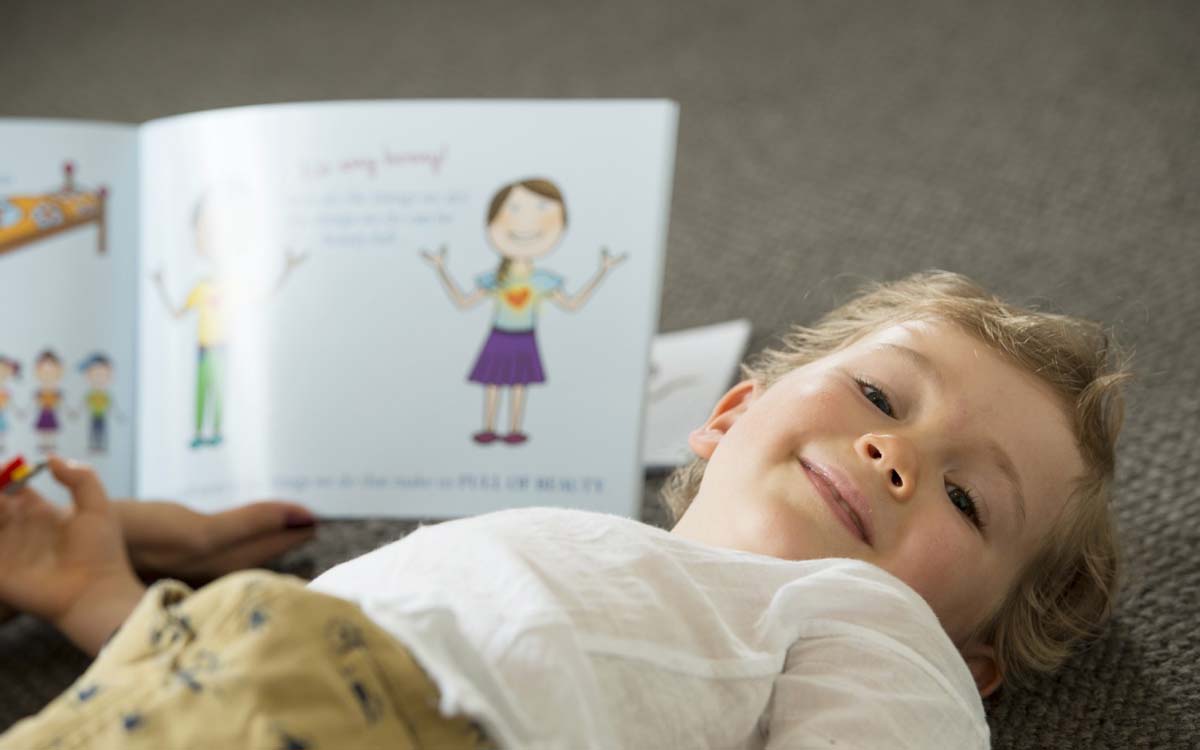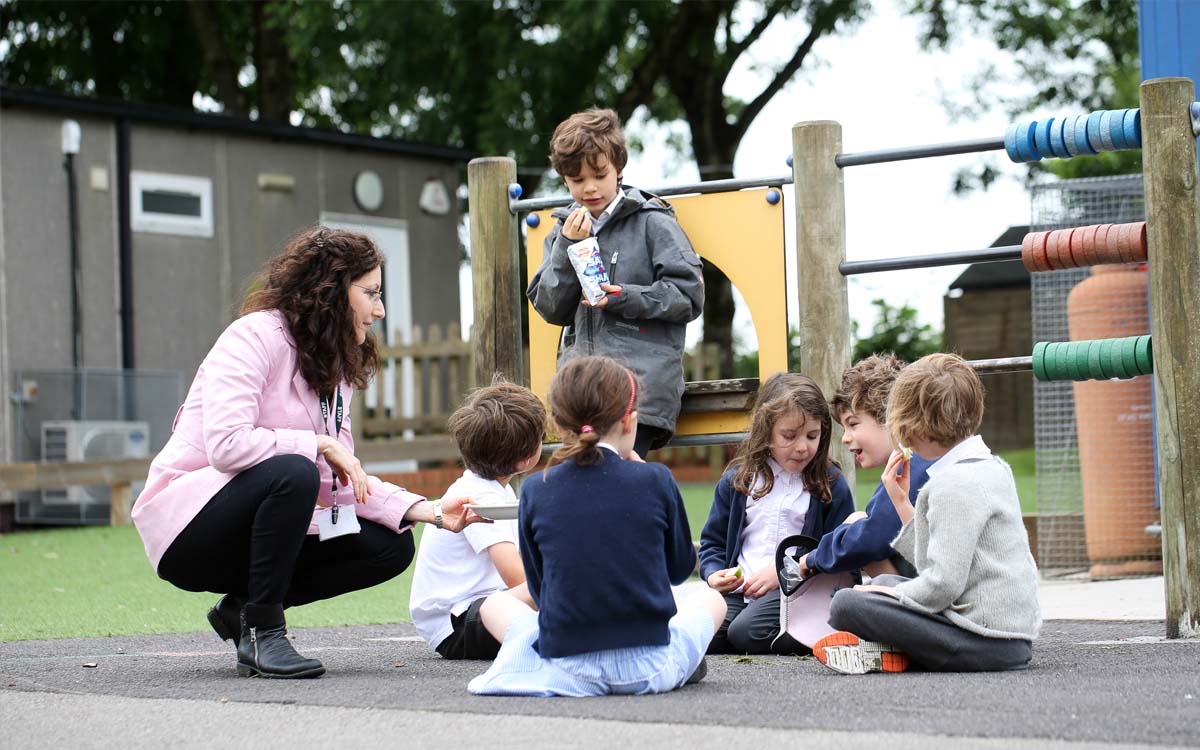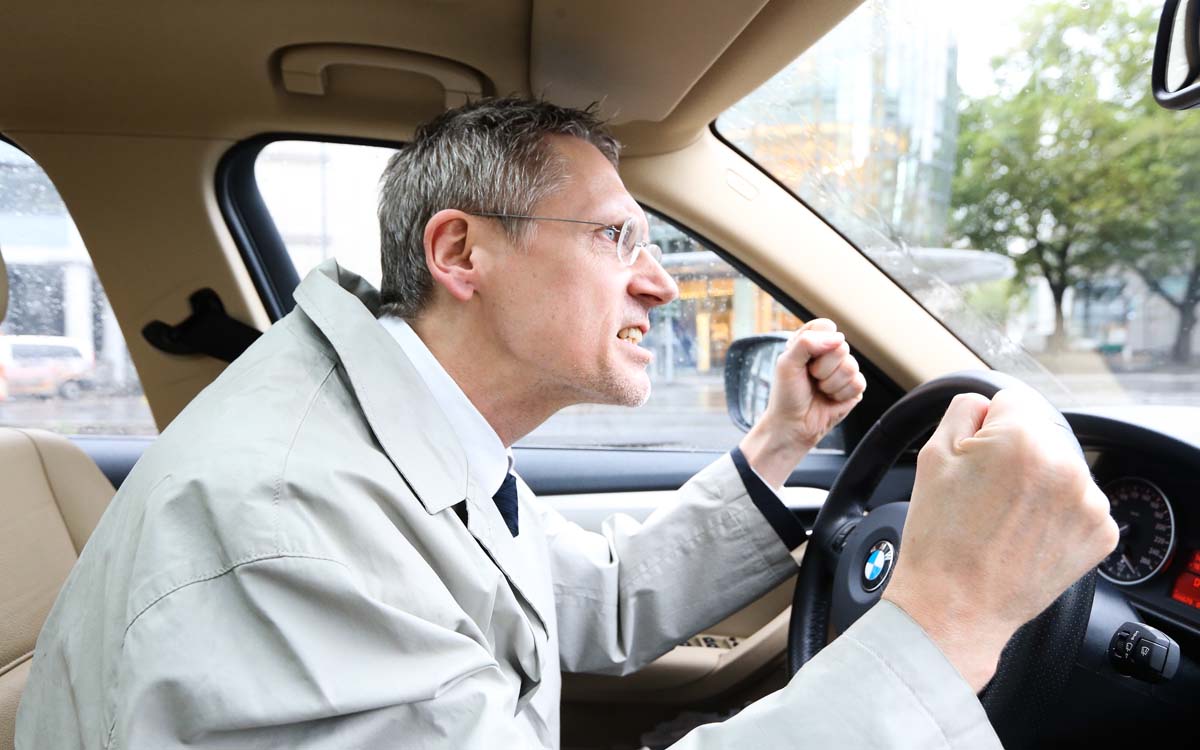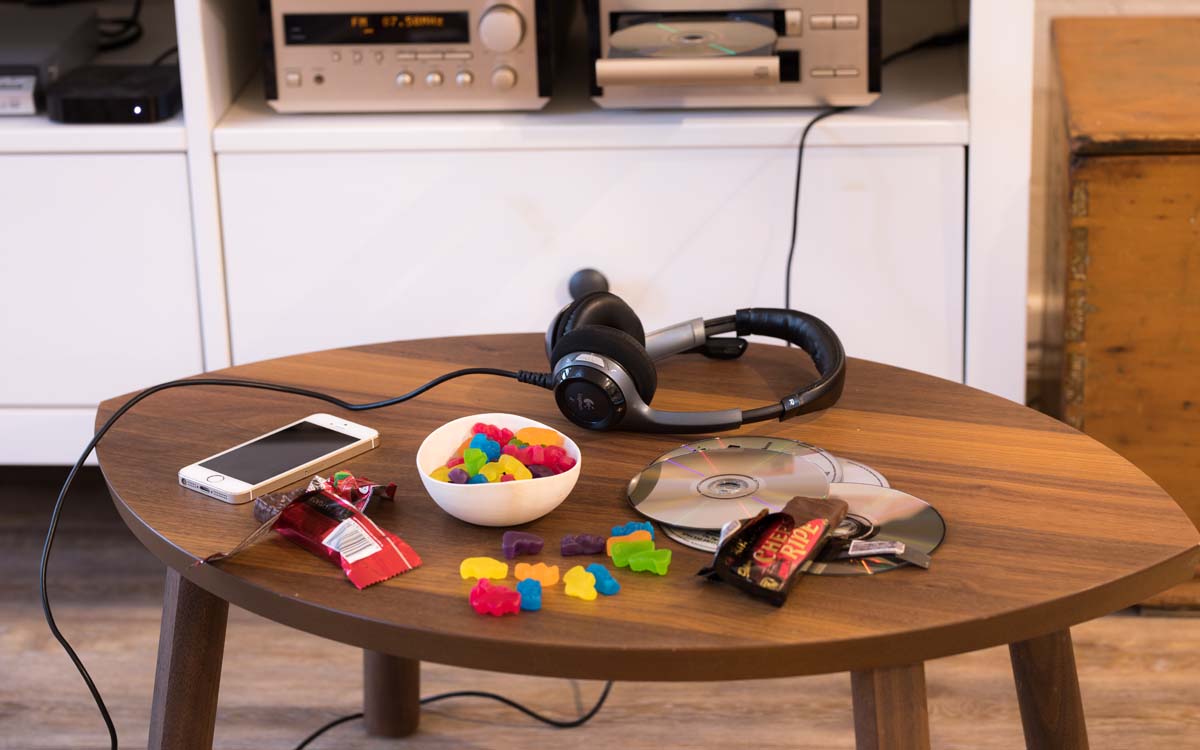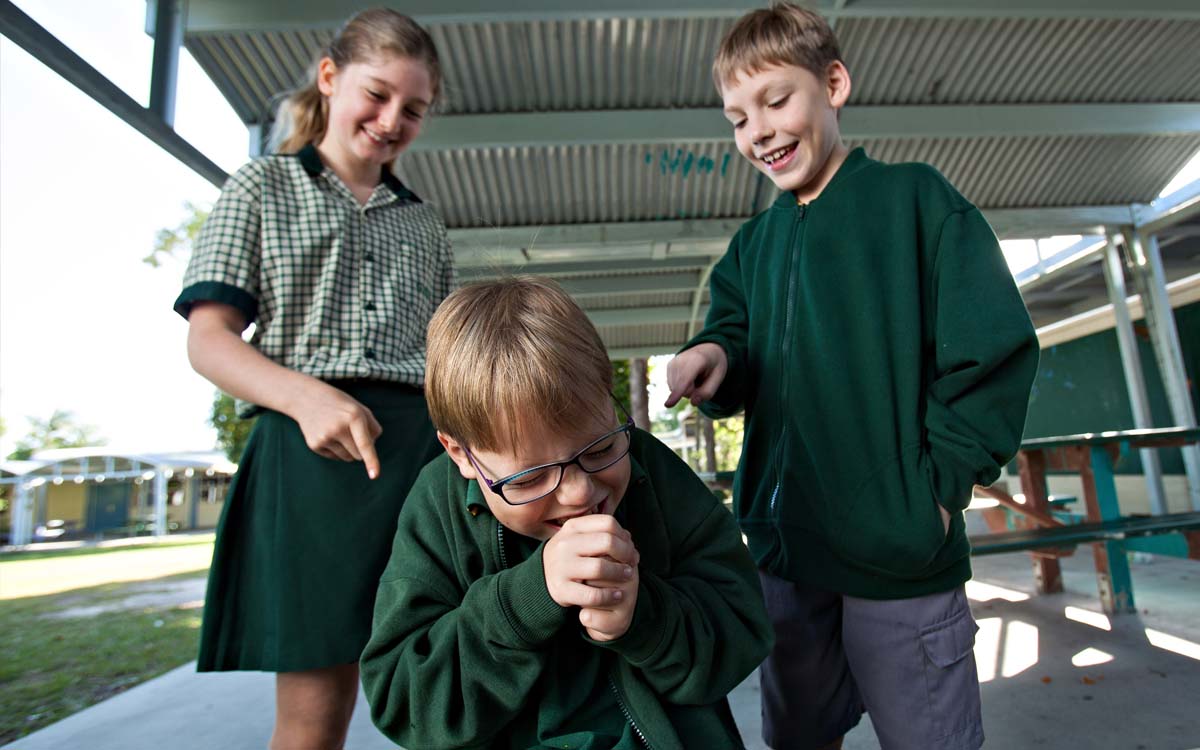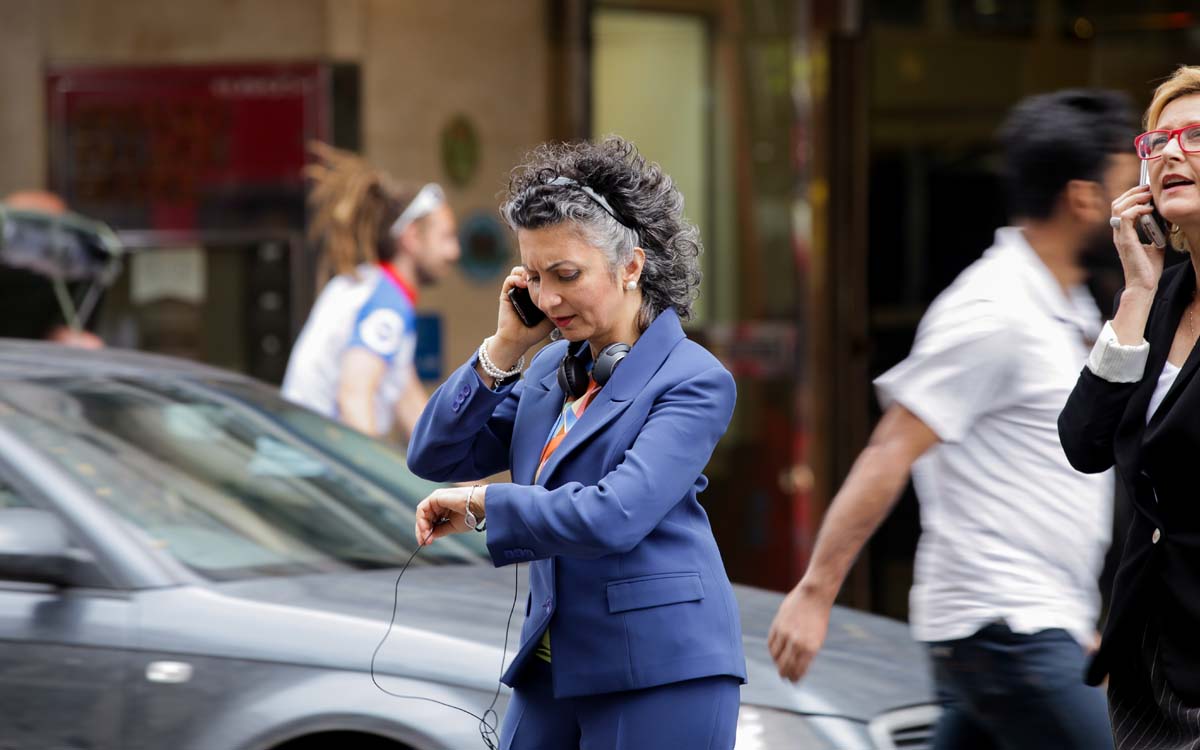There is a very big difference between being ‘strict’ and ‘teaching responsibility’.
Strict Parenting
Being ‘strict’ is when we tell people what ‘to do’ or what ‘not to do’ and offer ‘punishment’ when unwanted behaviours occur. This style of parenting results in a child (who later becomes an adult) making decisions based on fear! That is, choices are based on not doing the wrong thing because they fear getting caught out, being reprimanded, making a mistake or even being corrected.
Conversely, sometimes the opposite occurs and people make choices to guarantee they will get in trouble as this is the only outcome they can guarantee. Either way, this does not bring a person to ‘self-responsibility’.
Being ‘strict’ often results in a closing down of communication between parent and child and does not foster a relationship where a child feels comfortable coming to you when they have made a mistake … of which they will make many!
This style of parenting does not respect that the child is in this world to learn, develop and make many mistakes — it does not treat the child as an equal.
Parenting Responsibility
Parenting with a goal of ‘raising a responsible person’ is about treating your child as an equal. Your role as their parent is to support and teach your child to become the most independent and responsible adult that they can be.
As a teacher you can offer your child:
- The skills that will enable them to become an independent and responsible adult.
- An understanding of the natural consequences that result from the decisions and behaviour choices they make.
- A knowingness that when they make choices that go pear-shaped there will be non-judgemental support available that helps them learn and grow from their choice.
This style of parenting fosters a way of communicating where the child does not feel judged and feels comfortable coming to you when they have made a choice that results in unwanted natural consequences.
Living Responsibly First
Raising Responsible People Involves:
- Living in a way we would like our children to become
- Living ourselves in a way of self-responsibility
Natural Consequences vs. Punishment
For example:
You may instruct your teenager not to drink alcohol. You find out that at a recent party they drank alcohol so you ‘ground’ them so they cannot go to the next party. This response does not bring your teenager to ‘self-responsibility’. Instead, they may think ‘next time I need to conceal better what I have done wrong’.
What if a different approach was taken? What would happen if you sat your teenager down and spoke of the natural consequences that happen as a result of drinking alcohol, such as:
When you drink alcohol you will no longer feel who you truly are as it alters the natural state of your body’ or ‘If you choose to drink, use yourself as a science experiment and observe what happens — how do you feel? What happens to your body? How does the alcohol influence your choices?’
This example of teaching ‘natural consequences’ is not just for alcohol but could be used for any behaviour choices such as playing a game or a sport, eating a food, choosing a friend to spend time with, the way you approach school work … in fact any behaviour choice has natural consequences — sometimes wanted consequences and sometimes unwanted.
Teaching natural consequences will help your child to become an adult who makes decisions based on self-responsibility.
This article was originally published in the April 2014 Edition of Haven Magazine.
